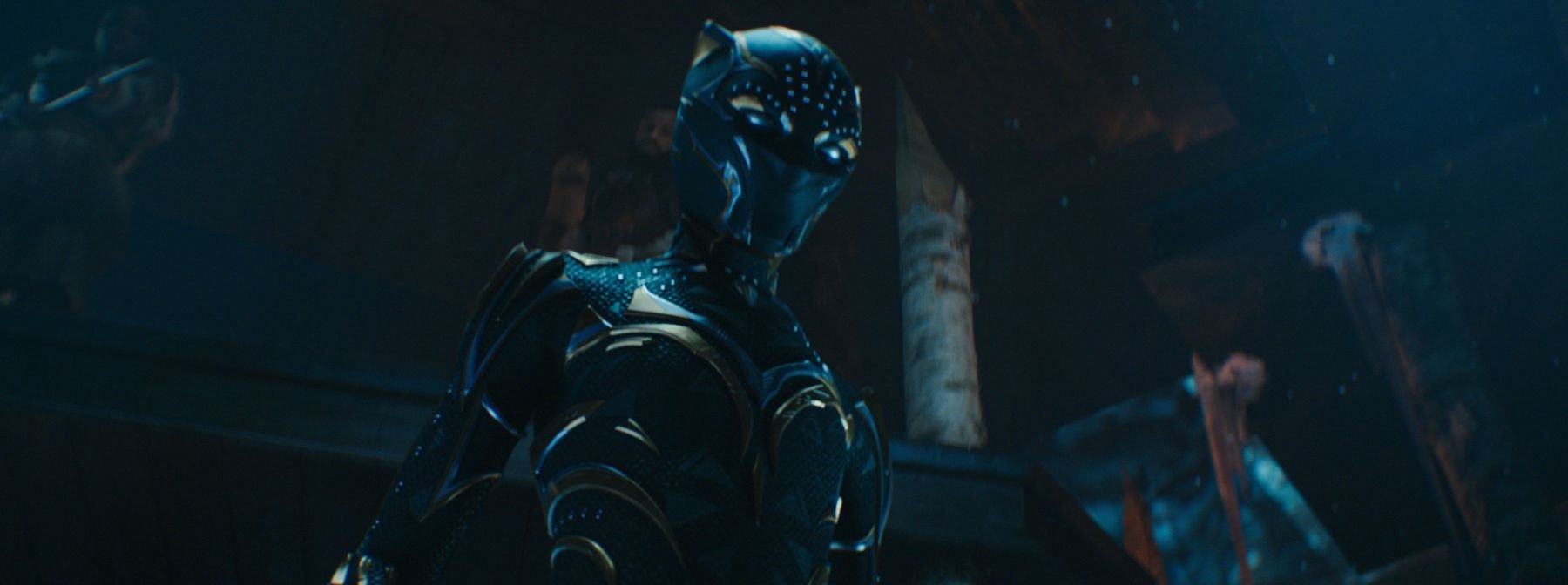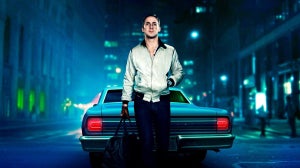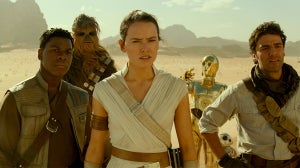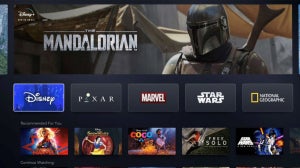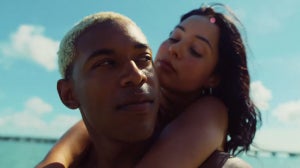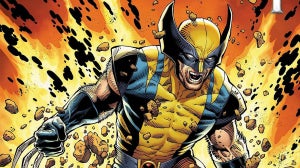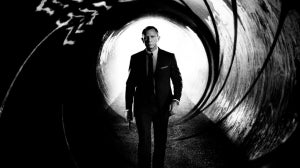
For Black women, their portrayal is nothing but stereotypical: slaves (Antebellum), mammy figures (Gone With The Wind), the Black best friend (The Devil Wears Prada), the mystical advice giver (Ghost), or an angry Black woman (Don’t Worry Darling).
The commonality shared between those stereotypes is the subservience to other characters – their existence echoing through the lives of others without agency to be seen as anything else. Because of this, their stories are silenced, dismissed, or erased from the cultural sphere.
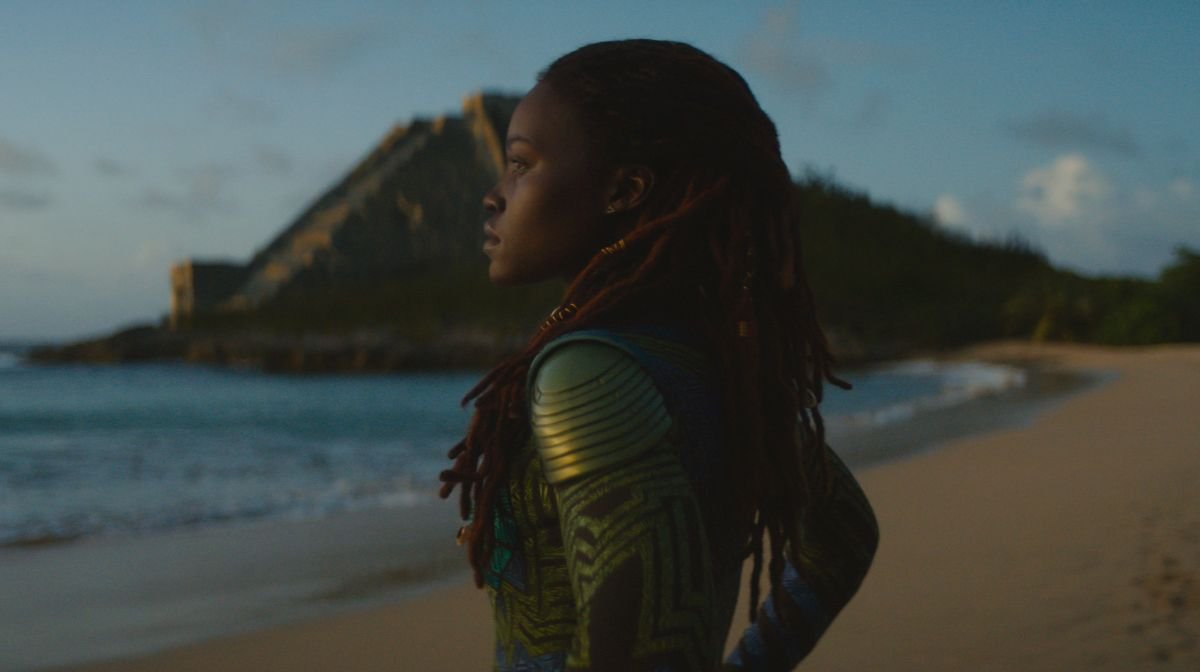
Director Ryan Coogler’s Black Panther therefore is a monumental film, a powerful testament where history, myths, and stereotypes about the African diaspora are rejected, deconstructed and reimagined with an empowered purpose - and nothing comes as more heartfelt and sincere than the Black female contingent in Wakanda.
The feminist agency here is one of unapologetic fierceness and resilience, celebrating Black womanhood and Black female identity not bound to white saviour exploits. They’re not relegated as peripheral characters, rendered invisible by Hollywood’s lack of imagination or racial biases.
Coogler’s film puts Black women front and centre, and it does so by elevating the possibilities of what they can be seen as.
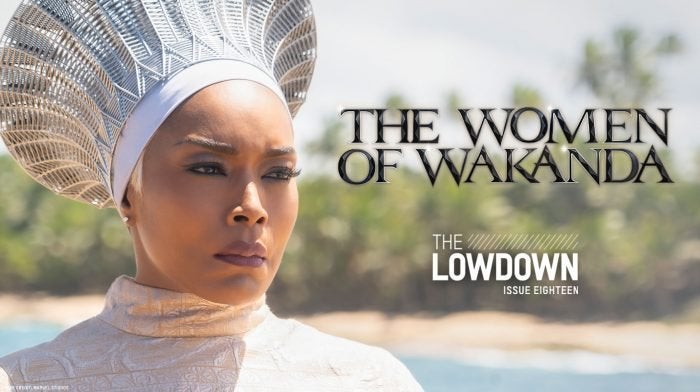
In the latest edition of our free digital magazine The Lowdown, we look at how the women of Wakanda changed Hollywood forever by breaking down the stereotypes.
Read the full feature here.Black Panther: Wakanda Forever releases in cinemas on 11th November.Subscribe here to get the latest issues of The Lowdown sent straight to your inbox.
For all things pop culture, follow us on Facebook, Instagram, Twitter, and TikTok.

